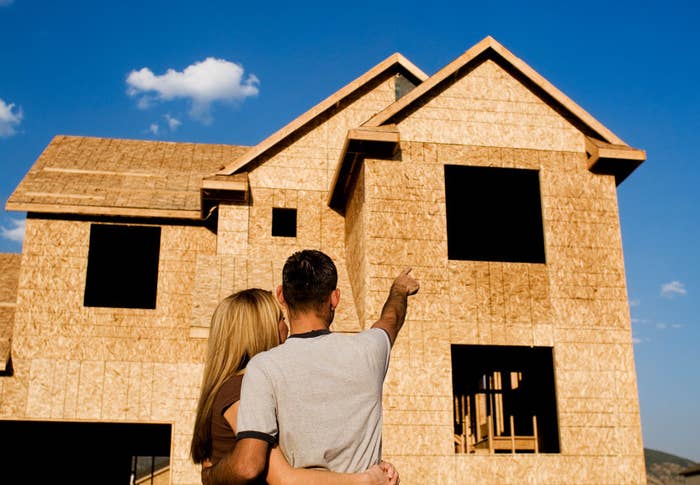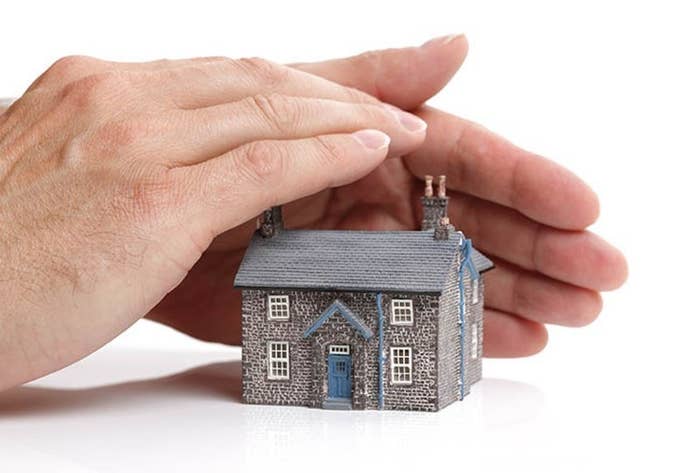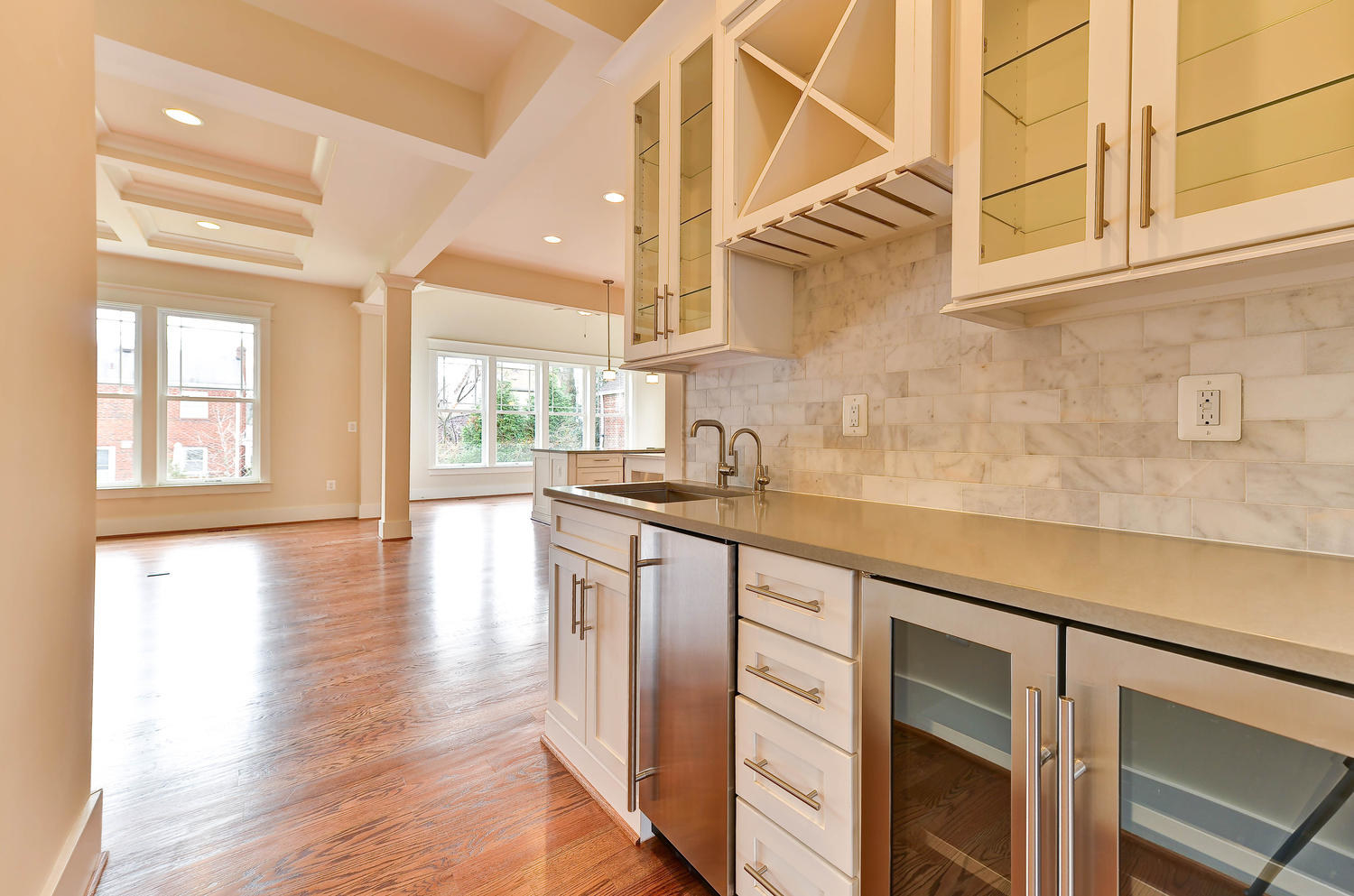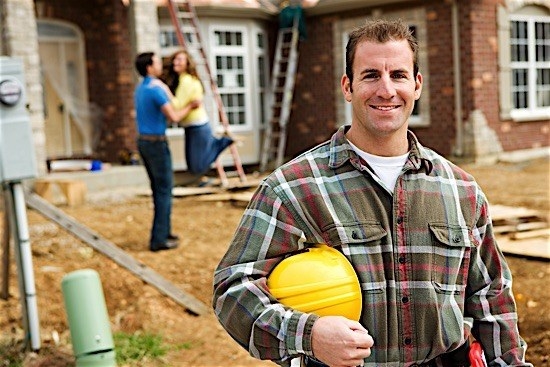
Question #1: Do you offer any incentives for using your preferred lender and title company?
Unfortunately, most times a production builder won't want to negotiate on their sales price. This is because to them it sets a precedent. For instance, let's say that they are listing a home for $350,000, yet are willing to sell it to you for $340,000. They then become worried that the next buyer who comes along will want to it for that lower price. Therefore, they to be reluctant in making a deal at a lower sales price. However, if you're willing to go with their preferred lender and title company, they are much more willing to offer incentives to the buyer. In fact, some production builders will even knock off as much as $10,000 in closing costs or upgrade certain finishes in the house.

Question #2: What are the standard finishes?
One way a buyer will often get trapped when buying a newly constructed house, is that they forget that they are viewing the highest end model of the standard home. Meaning, that the house they are walking through has all the bells and whistles as opposed to the other more standard options. Therefore it's important to ask the builder what the standard finishes are and how much it would cost to upgrade those finishes. Reason being, often times it's actually cheaper to buy a standard version home and bring in your own contractor to upgrade the different finishes for you. The only downside to this is that you'll need to pay a contractor in cash as opposed to rolling the costs of the builder upgrades into your loan amount.

Question #3: How will this community look in the future?
This is an important question to ask because you'll want to know exactly how much construction will be going on around you in the coming months or years. For instance, if you are one of the first homeowners to buy a house in a new developing subdivision, you're going to have to deal with the construction noises around you for an unset amount of time. This could play a major role into whether or not you decide to buy, and the value it’s going to place on your home.
Question #4: Is there a homeowner’s association, and if so what are the rules and regulations?
Before moving into any neighborhood you'll want to know exactly what the rules and regulations are, should there be a homeowner's association. Every homeowner’s association is different, so there is no real link as to what they will or won't do. This is why it is so important to have an understanding ahead of time, so you'll know exactly what you will or won't be able to do on your own property. Which again, can play a major part in whether or not you decide to buy that particular subdivision.

Question #5: What are your warranties
Just like when you buy anything, you'll want to know exactly what the warranties are on the house, what it covers, and how long it's covered for. For instance, many builders will offer a one-year workmanship warranty and a 10-year structural warranty. Just be sure to see these warranties in writing, before you sign any contract. Plus, it may be also good to receive the different manufacturer warranties on your appliances such as your refrigerator, stove, washer, dryer, etc.

By asking these different questions, you will find valuable information that can help you lead to an informed decision on whether or not you want to buy a house. These questions, along with your own research and due diligence are truly the real link between a bad deal, and the deal of your dreams.

